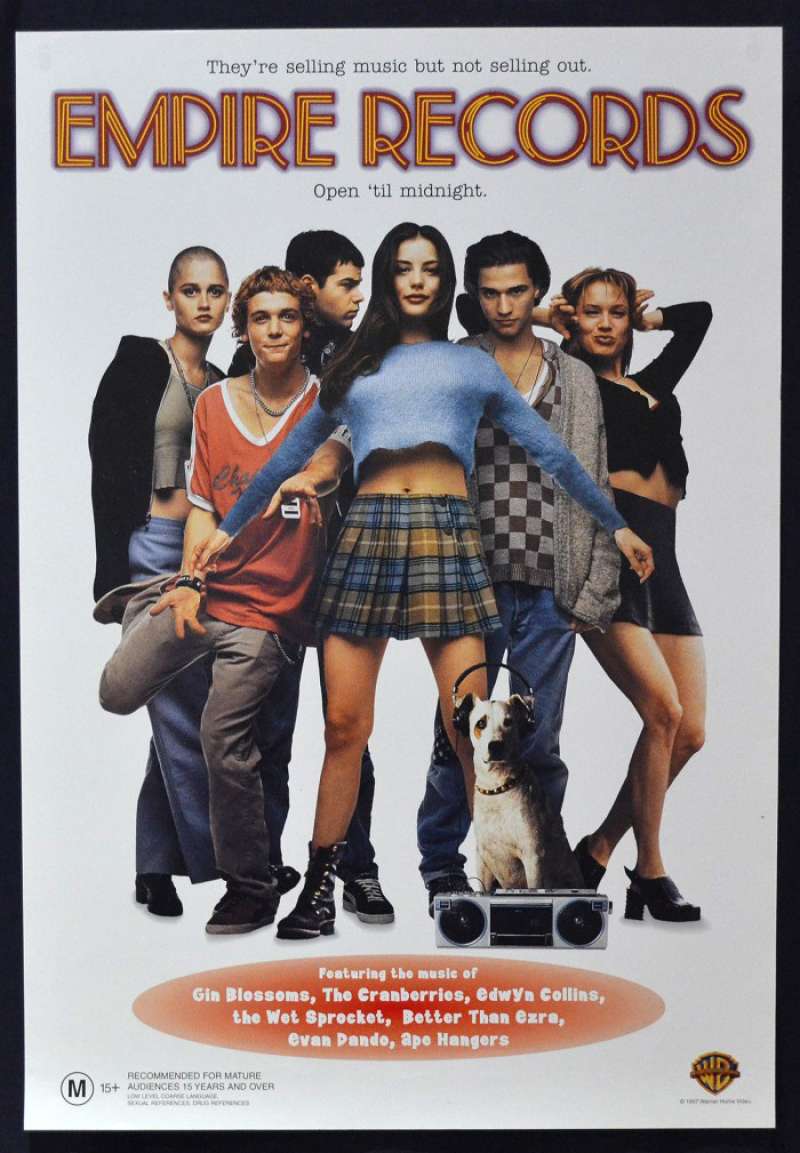Now Playing
Current DJ: CHIRP DJ
Donny Hathaway I Love You More Than You'll Ever Know from Extension Of A Man (Atco) Add to Collection
Requests? 773-DJ-SONGS or .(JavaScript must be enabled to view this email address)
by Alanna Miller
Anthony Bourdain famously described Chicago as “a big, brash, broad-shouldered motherf*ckin’ city.” With their sophomore record, Phonetics On and On, hometown heroes Horsegirl embody that toughness. After all, they recorded the album last January at Wilco’s The Loft studio during some of the coldest weeks of the year…with the heat off. Trying to avoid sound interference, the trio played through the bitter frost, bundled in layers and sitting on top of their hands between takes.
But while Horsegirl’s new record was certainly produced under some rock n’ roll circumstances, its sound is far softer and more gentle than their lauded debut, Versions of Modern Performance. If that album was Horsegirl’s teenaged, “look at me,” attention-grabbing first LP (and I mean literally…they were teenagers when this album was released), then Phonetics On and On is their self-assured, rock solid follow up.
“Julie,” one of three singles off the new album, says the most lyrically out of the tracks released thus far. Even so, the song features more than a few “Da, da, da ,da’s.” (The other two singles, ‘2468’ and ‘Switch Over’ utilize many more “La, da, da, da, da’s” and “Oh hoo ooh ooh la da da da’s.”) Maybe that’s what they meant by "Phonetics On and On?" Nonetheless, what Horsegirl doesn’t always express lyrically, they say musically.
 by Noah Haynes
by Noah Haynes
One sad thing about modern movies is that we don’t get enough clubhouses anymore.
In any old kid’s movie, you’d be sure to see some elaborately constructed clubhouse, treehouse, or even a needlessly complex Rube-Goldberg machine accomplishing something simple like opening a gate (à la The Goonies). It’s a specific analog creativity that charms the viewer.
A similar sense of creativity—albeit covered with a layer of teenage ennui—can be felt in 1995’s Empire Records. The movie presents a struggling independent record store, along with the struggles of the ragtag group of teens it employs.
by Eddie Sayago
We are in the middle of my favorite season of the year: awards. There are so many awards shows and ceremonies, most of them for film and actors. Music’s so-called biggest night, the Grammy Awards, is often overlooked by some (me) awards spectators due to its usually out-of-touch picks for its trophies.
And this isn’t new. There’s a clip from the 5th season of The Simpsons where Homer tries to give away his Grammy to a bellhop who then tosses it off the balcony (“Hey, don’t throw your garbage down here.”)
The (American mainstream) music industry’s most coveted prize is the Grammy Award for Album of the Year. Is is known as “The Big Award.” A lot of people can benefit from this award, and not just to put something shiny to put on a shelf.
This award is given to the artist, band or group, the producers, songwriters, the mastering engineers, the recording engineer or mixer, and featured artists. All these people get a boost in the business that will lead to attention and hopefully more work and opportunities.
Most albums return to the charts and get more sales and ears for their overall work. Admit it, you are intrigued when you see (insert award) Winner at the top of the bill, poster, or album cover. (I definitely am.)
These seven albums have won the Grammy Award for Album of the Year and were found coincidentally at various record shops around town.